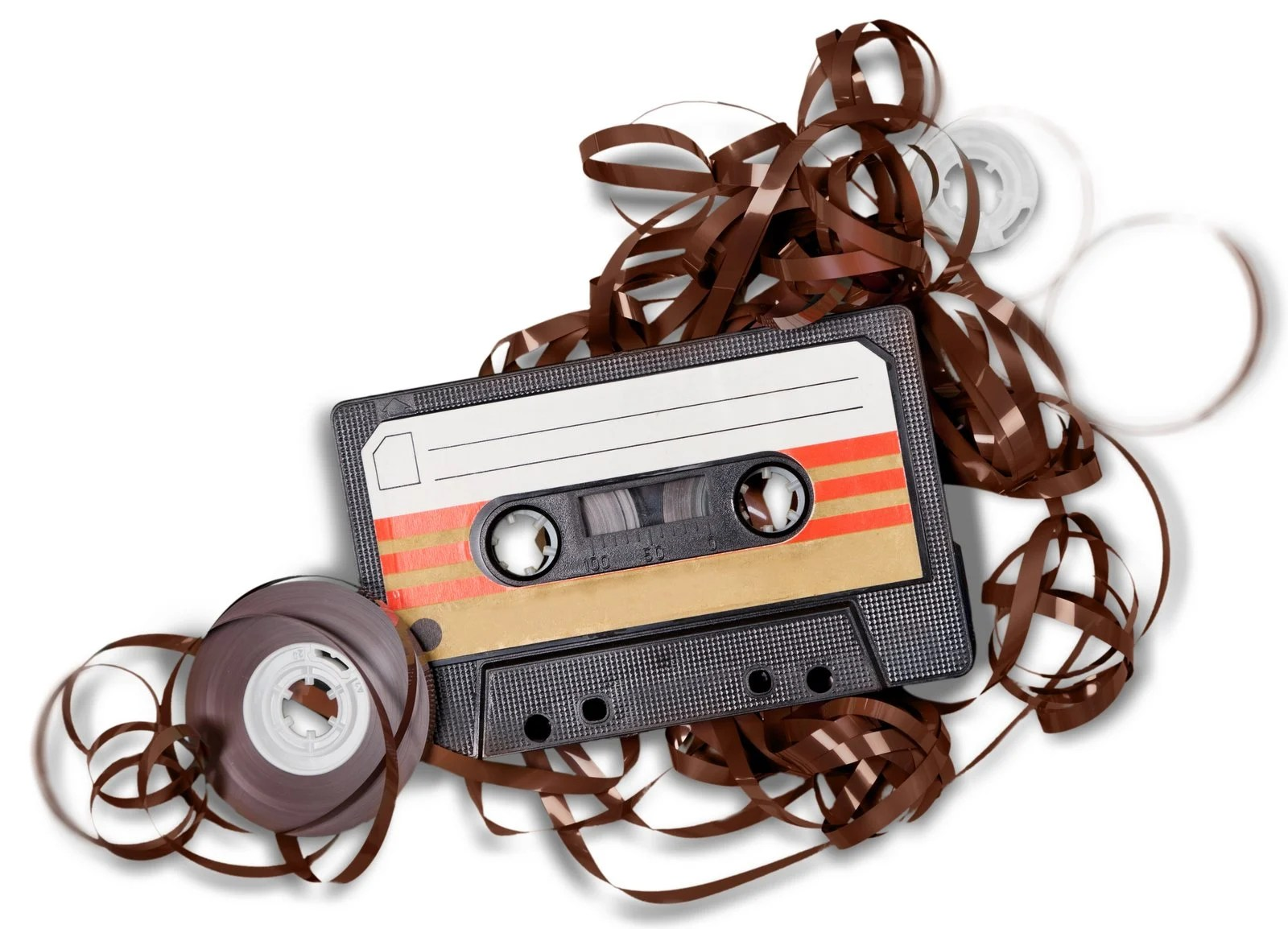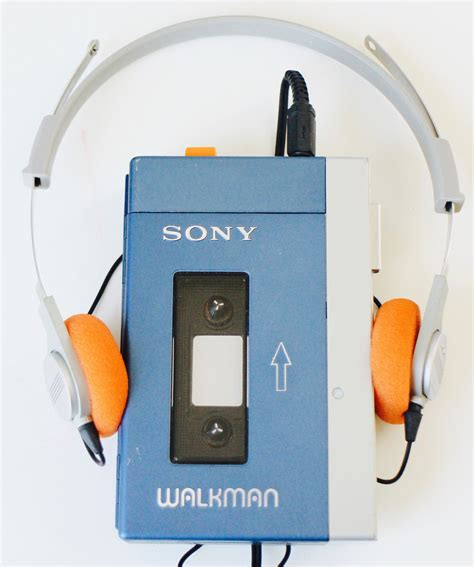In class, we watched a few videos on the topic of Data Privacy and Data collection. Each video has something a little different to talk about, so I'm just going to start at the top
In the first video, I heard from Juan Enriquez, who spoke about the similarities between an online record and a physical tattoo, while the two topics may sound completely unrelated, in reality, they are very much alike. In the same way an ink tattoo will stay on one's body for the rest of their lives, a digital footprint of someone will also live on and loom over the individual, even after that person's death. This makes me think about myself and my friends, and each of our online behaviors. My parents have taught me from a young age to never have a picture taken of me with a drink in my hand, or a cigarette, or anything of the like. Now I understand the lesson, because if I were to do something like that, it'd haunt me forever.
The next video talked about something slightly shocking. I didn't know the police took so many photos of civilians and their cars, doing daily mundane tasks. I think that there should be a revision within the law to discourage police spying on the people, but only using the equipment to identify potential dangers within the world.
The video after that talked about surveillance. This is also a scary topic for many people, because they do not really realize they are being watched with every time they open the computer to passing a toll road on the freeway. Americans are constantly being watched, and this could create a bad morale amongst citizens, which could be really bad going forth, and the government needs to tread carefully when it comes to privacy related issues in the future.
All in all, privacy is a big deal and needs to be looked at by both the government and by the people through a very serious lens.











